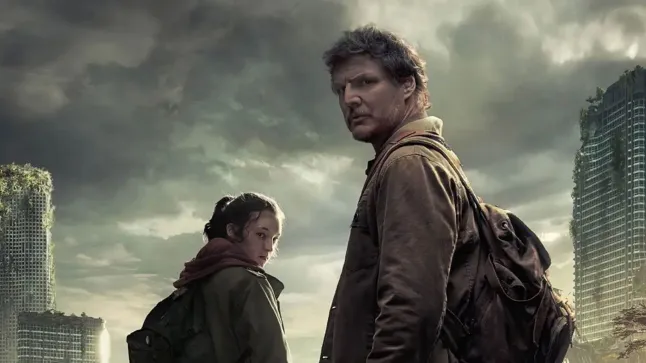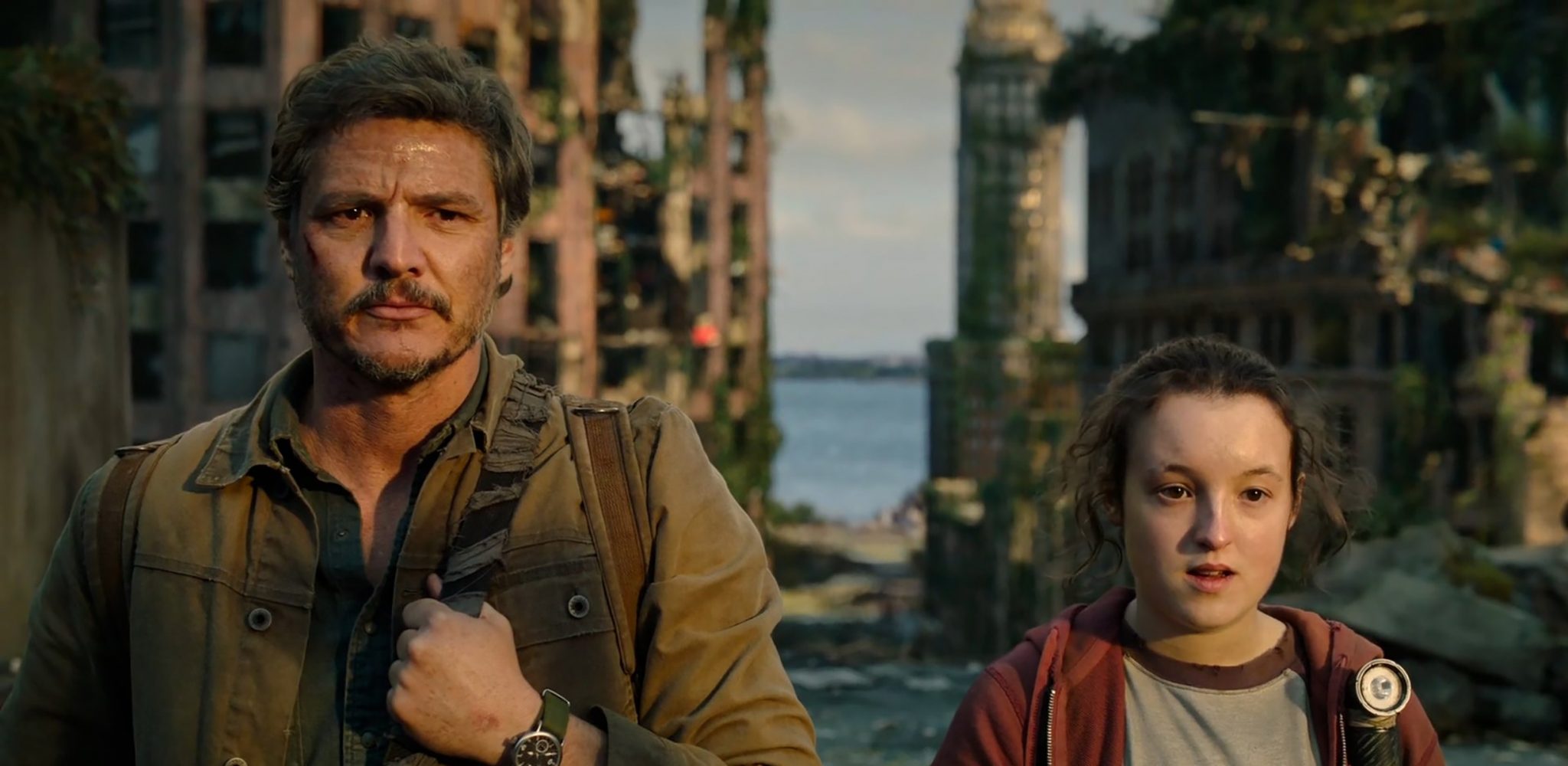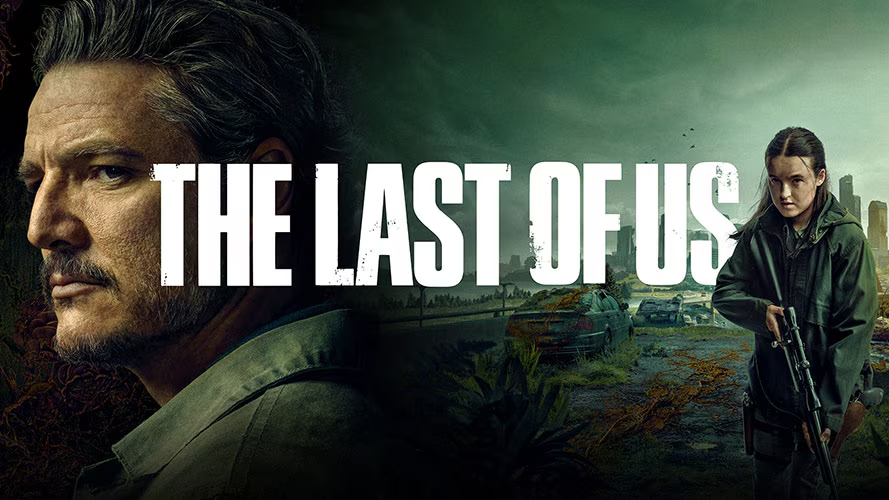By Evi Chrysoheri,
American post-apocalyptic drama television series The Last of Us was developed by Craig Mazin and Neil Druckmann for HBO. The show, which is based on the Naughty Dog video game franchise, takes place twenty years after a pandemic brought on by a widespread fungal infection that turns its hosts into zombie-like beings and causes society to collapse. It is based on 2013’sThe Last of Us and centers on Joel (Pedro Pascal) and Ellie (Bella Ramsey), who spend the first season traveling across the United States. Based on 2020’s The Last of Us Part 2, the second season finds them settled in Jackson, Wyoming, with Joel’s brother Tommy (Gabriel Luna) and Ellie’s friends Jesse (Young Mazino) and Dina (Isabela Merced).
This series gained widespread attention when it was released on January 15, 2023. Several factors contributed to its popularity: the storyline, as zombie apocalypses tend to resonate with a broad audience, and the fact that the video game it is based on was already well-known and beloved within the PlayStation gaming community. As a result, the series was highly anticipated. However, what truly piqued my interest was its exploration of social issues, moral dilemmas, and ethically ambiguous characters, which constantly challenge the viewer to reflect on whether their actions are truly justified. In more detail, during the first season we are introduced to Joel, who loses his daughter at the onset of this “pandemic” and is later separated from his only remaining family —his brother. The story then fast-forwards several years, showing Joel living in a small town ruled by despotism, where power now lies in the hands of the military. Beneath the surface, however, rebellious groups begin to form —one of which is known as the Fireflies.

The series portrays a society where each individual is forced to prioritize their own survival—even when they are part of a larger collective. At first, Joel is depicted as a lone wolf, disillusioned by the state of the world. He tries to discover whether life exists beyond the confines of the oppressive city by listening to radio broadcasts.
Later, however, he and his partner —who is secretly aiding the Fireflies— take on a crucial mission. This is where Ellie enters the story: A teenage girl who is mysteriously immune to the infection. Joel’s task is to escort her to a Firefly safe haven, where doctors intend to study her immune system in hopes of developing a cure for the deadly disease. Throughout their journey, a deep bond forms between them —one that resembles a father-daughter relationship.
When they finally reached their destination, it was revealed that Ellie would have to sacrifice her life in order to produce a cure. According to the doctors, the procedure required the removal of her brain. However, Joel couldn’t accept this —this time, he had the chance to save his “daughter”, and he wasn’t willing to lose her again. As a result, he killed the doctors and rescued Ellie. Afterwards, he lied to her, claiming that other immune individuals had been found but that a cure was still impossible.

The central moral question here is whether Joel’s decision was truly justifiable. On one hand, he saved someone he deeply loved —but in doing so, he may have doomed the rest of humanity, who might have finally been freed from the deadly virus. At the same time, his actions dishonored the sacrifices of those who fought and died in the hope of achieving that very cure.
Ultimately, The Last of Us is not just a post-apocalyptic drama about survival —it is a profound exploration of love, loss, and the difficult moral choices we are forced to make in extreme circumstances. Joel’s decision may never have a clear answer; it forces us to confront the complex nature of humanity, where what is right is not always what is just, and where personal attachment can outweigh the greater good. This ambiguity is precisely what makes the story so powerful —it lingers in the mind long after the credits roll, asking each of us: What would you have done?




